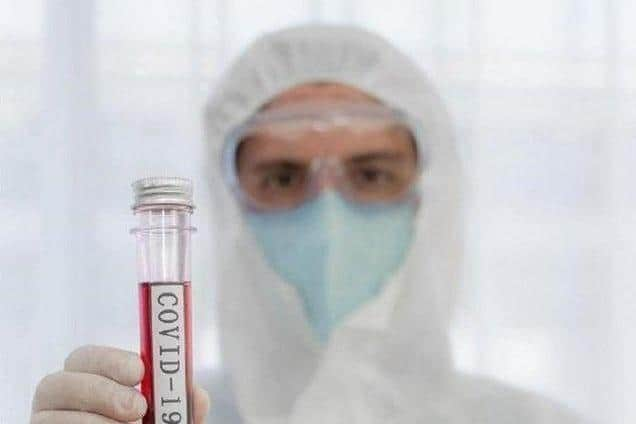Four Omicron Covid cases officially confirmed in Milton Keynes and other suspected cases are under investigation
and live on Freeview channel 276
Four people with the Omicron variant of Covid have been confirmed in the borough, officials have revealed today.
More potential cases locally are still under investigation and the results will be known shortly.
Advertisement
Advertisement
All four Omicron cases have links to travel and appropriate public health action has been taken.


A spokesman for MK Council said: "Several further suspected cases are under investigation. The situation is being closely monitored by the local public health team and the UK Health Security Agency (UKHSA)"
According to the UKHSA, there are now more than 500 confirmed cases of the new variant in the UK and, with spread now occurring in the community, this number is expected to rise. Government announced this week that there are early signs that the Omicron variant of Covid-19 is more transmissible than the Delta variant, which represents almost all cases in MK at present.
The number of people testing positive in Milton Keynes for Covid-19 has risen significantly to more than 300 per day over the past few days.
Advertisement
Advertisement
Because of this, local public health officials are urging residents to take sensible precautions to prevent spread. People should wear face coverings and take regular lateral flow tests, particularly before meeting up with others.
Director of Public Health for Milton Keynes, Vicky Head said: “There are many unknowns about the new variant, but we do know vaccination remains critical to reduce the chance of severe illness. Being vaccinated remains the single biggest thing you can do to protect yourself and your loved ones from Covid-19 and your booster will give you vital extra protection.
"However, vaccination alone isn’t enough, and it’s more important than ever to keep up with precautions like wearing a face covering, taking regular tests even if you feel well, and making sure you ventilate indoor spaces when meeting with others.”
Top precautions to reduce the risk of catching or passing on COVID-19 are:
Advertisement
Advertisement
* Be fully vaccinated. Find out more about booster vaccinations including walk-in sessions at www.blmkccg.nhs.uk/covid-19/booster
* Stay at home if you have COVID-19 symptoms and book a PCR test as soon as possible. Use lateral flow tests regularly even if you have no symptoms, as one in three people with COVID-19 will not experience symptoms.
* Wear a face covering in busy indoor areas. Face coverings are once again mandatory in shops and on public transport.
* The risk of catching the virus is higher in crowded and poorly ventilated places. When meeting up with people you don’t live with, choose an outdoor space if you can or open windows to let fresh air in if you meet indoors.
* Wash your hands with soap and water or use hand sanitiser regularly – especially before and after coming into contact with areas touched by many people, and before eating